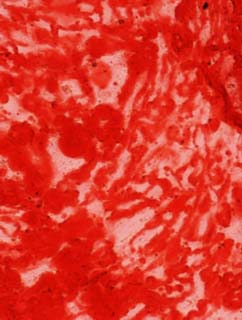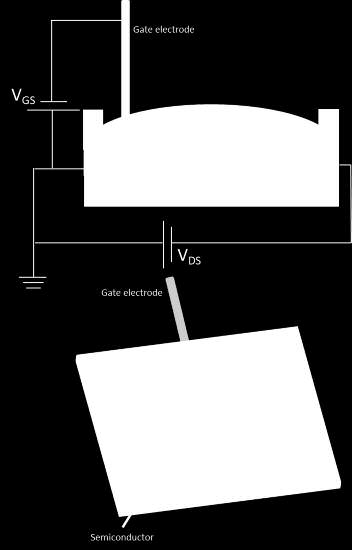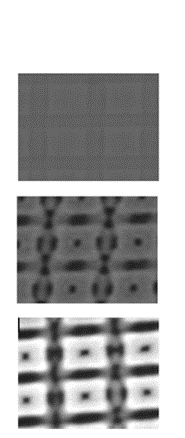CSIC, the University of Zaragoza, Institute Pasteur, IISA and ARAID have developed chemical
derivatives that act selectively against the bacterium Helicobacter pylori, managing to reduce the
bacterial load and even eradicate gastric infections caused by it.
Industrial partners from the pharmaceutical industry are being sought to collaborate through a patent
licence agreement.
An offer for Patent Licensing
Fighting gastric infections without resistance
Figure 1: benzo [c] [1,2,5]oxadiazol The bacterium Helicobacter pylori (Hp) causes asymptomatic infections in the gastric mucosa that can induce chronic gastritis, ulcers even gastric cáncer. So far, convencional therapies are aggressive and the rate of eradication is decreasing, as Hp is increasingly resistant to such treatment.
Derivatives of benzo [c] [1,2,5]oxadiazol (Figure 1) are antimicrobials that act individually (without combination with other drugs) and selectively, attack a specific enzyme of the bacterium, its flavodoxine. In humans the enzyme is not present, so possible secondary damage is avoided.
The results obtained in mice have been, reduced rates of gastric colonization of Hp and even eradication in up to 60% of mouses.
Main innovations and advantages
· New antibiotics without known resistances.
· Efficacy in resistant strains.
· Safety: No toxicity at their active concentrations.
· Low cost synthesis.
· Bactericidal activity at low concentrations.
· Current status, in vitro: toxicity in cells and in vivo: both toxicity andefficacy test in mouses.







